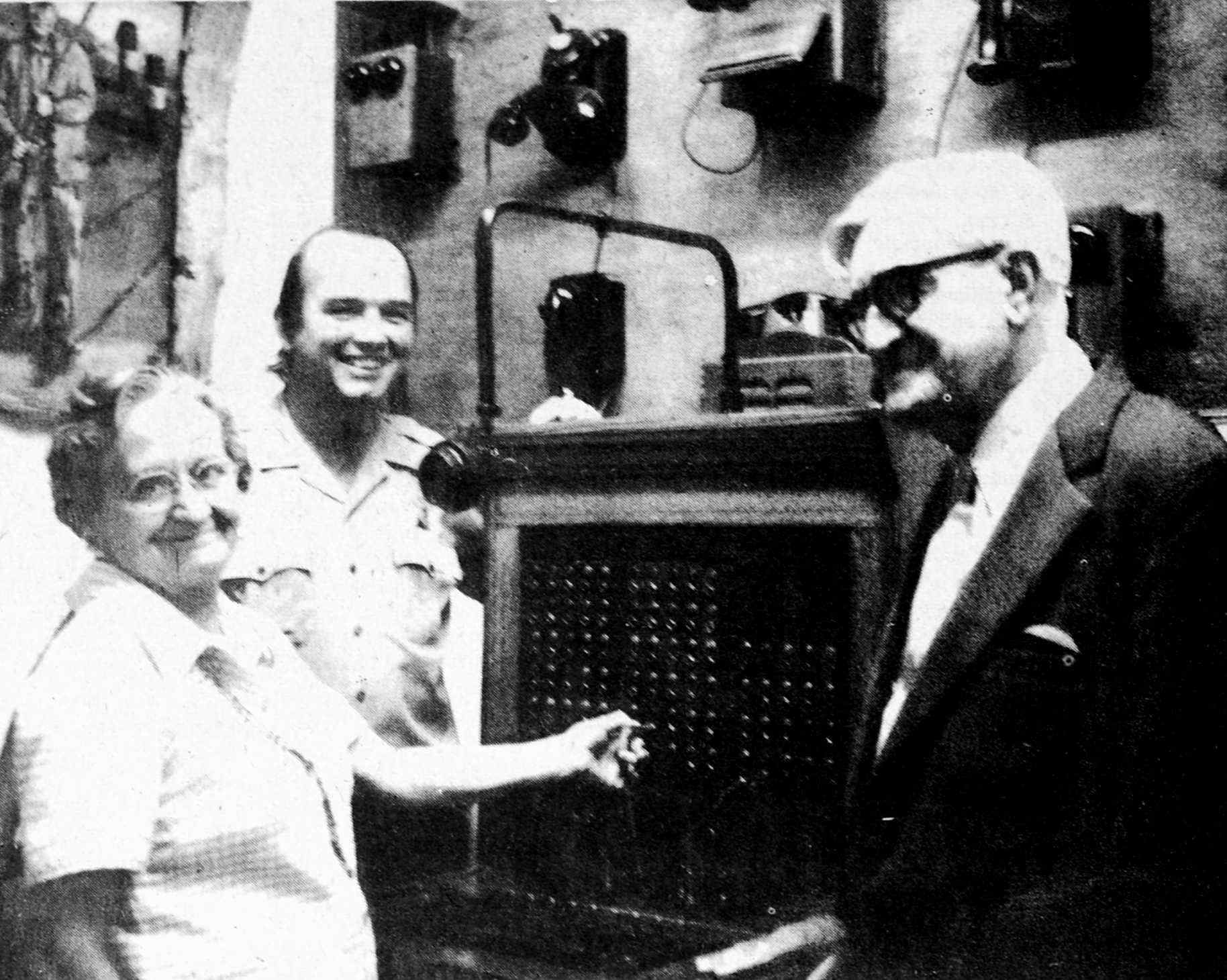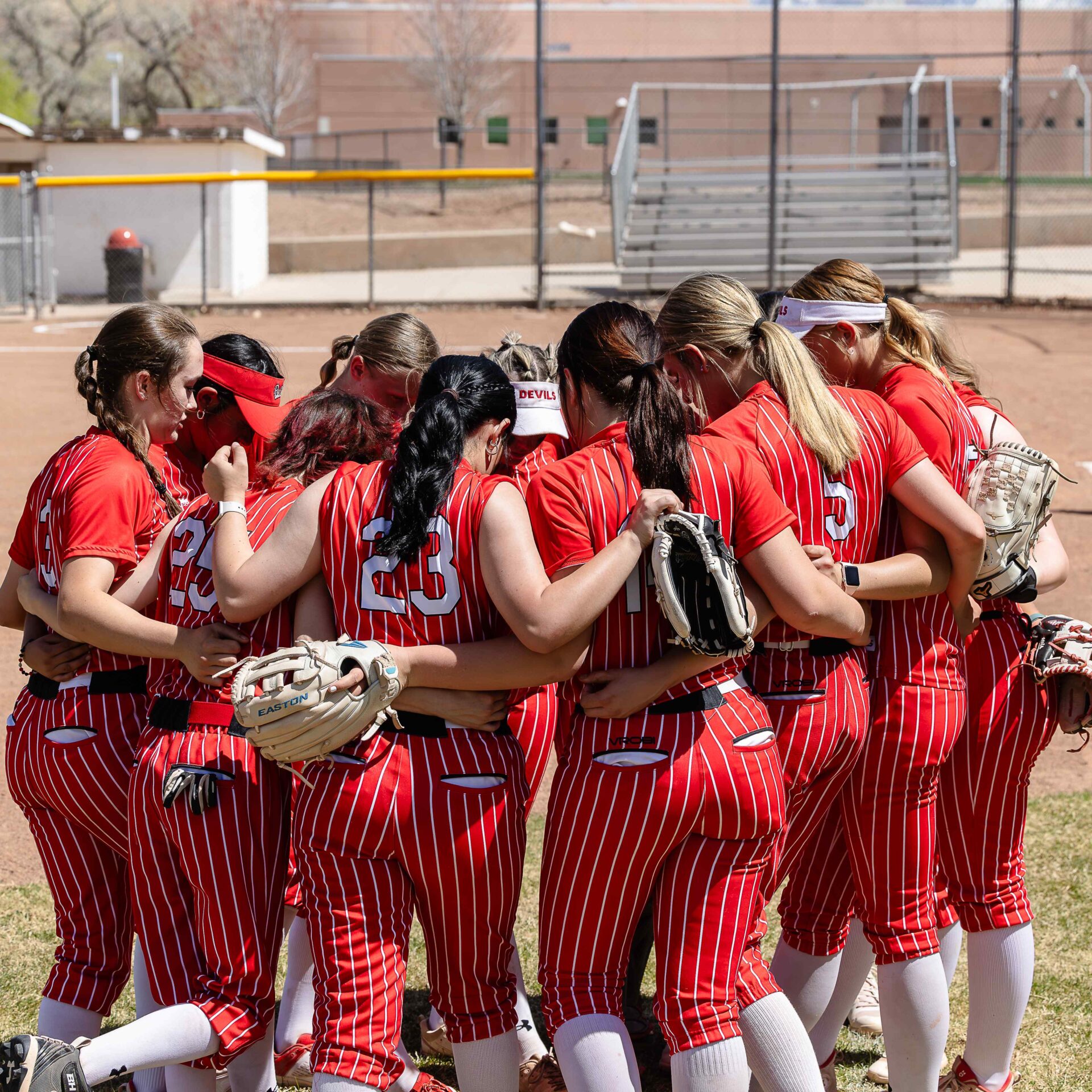The mission of the U.S. Department of Veterans Affairs is to fulfill President Lincoln’s promise to care for those “who shall have borne the battle” as well as their families, caregivers, and survivors. In pursuit of that mission, the Veterans Affairs Western Colorado Health Care System spent the month of September doing extra community outreach about mental health services available to veterans. The VA WCHCS covers a large service area including parts of Wyoming and Utah, including Moab.
This outreach was also part of Suicide Prevention Month, a national initiative started by the VA to raise awareness around suicide prevention and connect veterans and their supporters with the resources they need.
“Suicide is a national health concern that affects all Americans, whether or not they have served in the military, and we believe everyone has a role in the prevention of suicide,” states one VA WCHCS brochure.
Rainy Reaman, a licensed clinical social worker and the suicide prevention coordinator for the VA WCHCS in Grand Junction, wants everyone to know that there are mental health resources availble for veterans all the time – 24 hours per day, 365 days per year.
She also wants family, friends, caregivers and others in the community to feel inspired and empowered to reach out to the veterans in their lives, and provide support.
“We all have a responsibility to protect the brave men and women who protected us,” Reaman said in a conversation with the Moab Sun News.
She encouraged people to reach out to the veterans in their lives with something as simple as a phone call or a text message “to see how they’re doing.”
And, if someone seems to be struggling, it’s okay to ask direct questions about their safety. Reaman said there is a common misperception that asking someone if they are experiencing suicidal feelings could make them more likely to attempt suicide. But really, she said, it will “make it more likely they will get help.”
The Veterans Crisis Line is always available for veterans as well as their friends and family, or anyone concerned for their wellbeing. The VA lists “warning signs” such as anxiety and agitation, rage, hopelessness and sleeplessness. Free and confidential, the service is available by phone, and also text and instant messaging. To access the crisis line, call 1-800-273-8255 and Press 1; TTY service for those who are deaf or hard-of-hearing may be accessed by calling 1-800-799-4889. It may also be reached by texting 838255 or via online chat at www.veteranscrisisline.net.
Immediate attention is warranted for a person who expresses suicidal intention or appears to be in the process of acting on this intention; call 911 in an emergency.
The Moab VA Clinic (702 S. Main St. #5) is open Monday through Thursday and provides some basic medical and mental health services to Moab-area veterans, including a private space for mental health telehealth appointments. The Moab clinic has gun locks available for free – a potentially lifesaving safety measure, especially for someone experiencing suicidal thoughts and feelings.
“It’s not safe to have immediate access to a firearm in times of crisis,” Reaman said.
There is also free Veteran Suicide Prevention training available from VA WCHCS. Those interested should call 970-263-2855.
“Veteran Suicide Prevention training is based on research and data specific to our veterans, including incorporating the unique experience of serving in the military and the military culture – specific to our veterans and service members,” Reaman said. “This is also true for other services and treatment available at the VA.”
Reaman praised the quality of mental health care available through VA WCHCS and encouraged veterans to call the eligibility number (970-263-2813) and learn more about the services they can access.
Reaman said that, while she is not a veteran, she sees her work for VA WCHCS as a way to honor her family members who are and “give back to those who have served.”
“This program does save lives,” she said.
VA promotes services, offers suicide prevention training
“We all have a responsibility to protect the brave men and women who protected us.”
– Rainy Reaman
Contacts:
Moab VA Clinic: 435-719-4144
Veterans Crisis Line: 1-800-273-8255 and Press 1
TTY service for deaf or hard-of-hearing: 1-800-799-4889
Veterans Crisis Line Text: 838255
Veterans Crisis Line Online Instant Messaging: www.veteranscrisisline.net
VA WCHCS veteran suicide prevention training: 970-263-2855
VA WCHCS eligibility: 970-263-2813
For more info:



